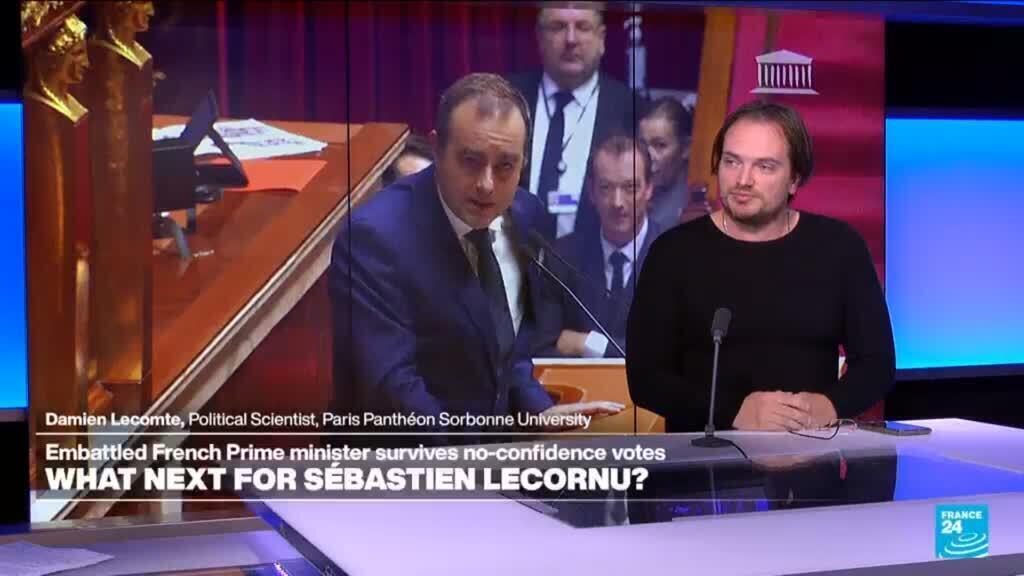Angela Diffley, accompanied by journalist Antonia Kerrigan and Damien Lecomte, a Political Scientist and Lecturer at the University of Paris I: Panthéon-Sorbonne, delves into the complex dynamics surrounding Prime Minister Sébastien Lecornu's minority government. Lecornu is navigating a challenging political landscape marked by a fragmented parliamentary system, as he attempts to foster cooperation and secure essential support for his administration.
Damien Lecomte highlights a critical shift in strategy under Lecornu's leadership. Unlike his predecessors who strictly adhered to the rigid policies of the Macron era, Lecornu is actively seeking alliances, particularly with the Socialist Party. This approach involves making significant concessions concerning contentious issues such as pension reforms and wealth taxation. Such negotiations illustrate Lecornu's willingness to engage in meaningful dialogue, aiming to create a more collaborative environment within the National Assembly.
However, this new pathway toward compromise is not without its challenges. Lecornu must navigate the fractures within the traditional political landscape, particularly soliciting support from an embittered Republican Party, which has lost considerable ground in recent elections. With a divided opposition, gaining the necessary backing from the Republicans becomes paramount for Lecornu to hold his government together and move forward with his agenda.
Furthermore, the National Rally, a prominent far-right party, openly opposes Lecornu's administration, promising to vote against the government at every available opportunity. This constant threat of opposition adds another layer of complexity to Lecornu's already precarious situation. Lecomte points out that the fracturing of traditional party lines and the emergence of populist movements have made the political climate increasingly volatile.
The upcoming budget negotiations are pinpointed by Lecomte as a crucial test for Lecornu's minority government. These negotiations will not only demand a delicate balance of power among varying political factions but will also highlight whether Lecornu can sustain the fragile momentum he has built through his strategies of cross-party dialogue and compromises. Failure to navigate this period successfully could plunge France deeper into an institutional and political crisis, exacerbating existing tensions among political parties and potentially destabilizing his government.
In conclusion, Lecornu's tenure is characterized by a delicate interplay of coalition-building amidst a chorus of dissent and fragmentation. As the political landscape evolves, the success or failure of his administration may hinge on his ability to innovate beyond traditional parliamentary dynamics, fostering an environment conducive to cooperation while addressing pressing national issues. The outcome of upcoming negotiations will undoubtedly shape not only Lecornu's political fate but also the future of governance in France.












